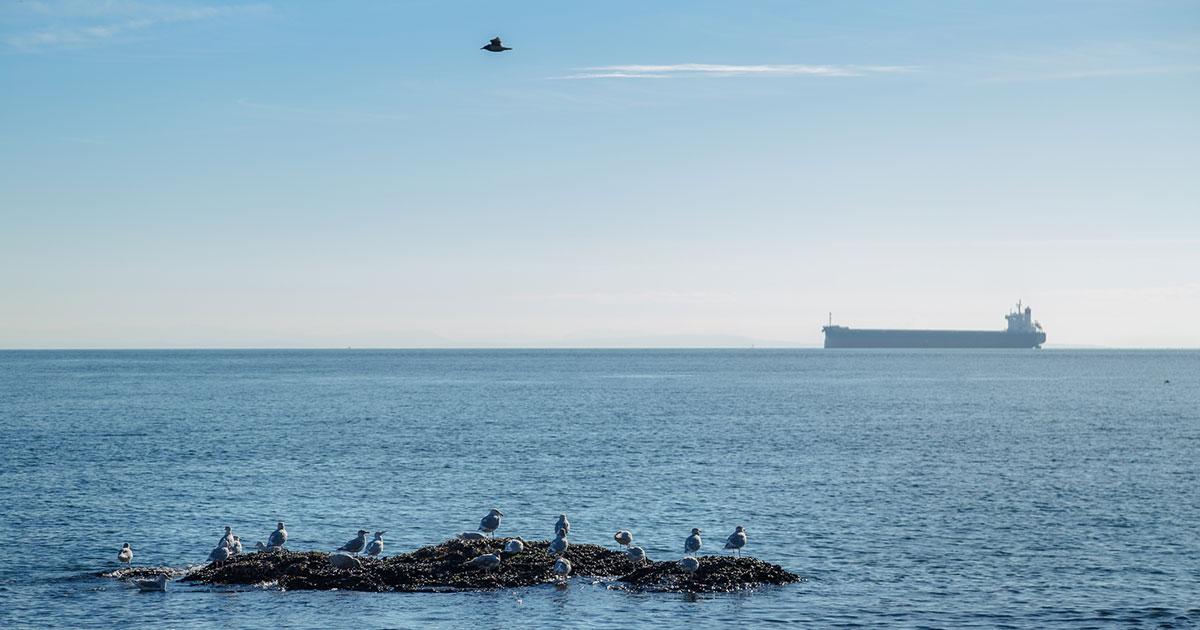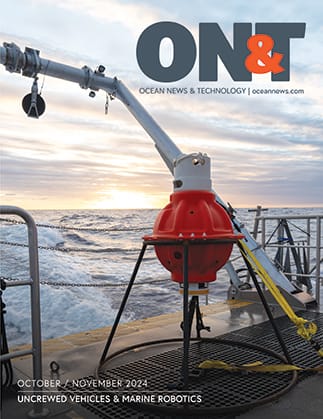The legislation complements the existing voluntary Tanker Exclusion Zone, which has been in place since 1985. The Act includes penalties that match the scale of a violation and could reach up to $5 million.
The Act aims to provide a high level of protection for the coastline around Dixon Entrance, Hecate Strait and Queen Charlotte Sound. The moratorium area extends from the Canada/U.S. border in the north, down to the point on British Columbia’s mainland adjacent to the northern tip of Vancouver Island, and also includes Haida Gwaii.
To ensure northern communities can receive critical shipments of heating oils and other products, vessels carrying less than 12,500 metric tonnes of crude or persistent oil as cargo will continue to be permitted to stop, load and unload in the moratorium area.
Quick facts
- The Government of Canada held approximately 75 engagement sessions to discuss improvements to marine safety and formalizing the oil tanker moratorium. The Government has consulted extensively with Indigenous groups, industry stakeholders and communities across Canada to inform development of the legislation.
- The Act applies to crude oils defined by the International Convention for the Prevention of Pollution from Ships. It also applies to related oil products that are heavier and, when spilled, break up and dissipate slowly. A complete list of these persistent products included in the moratorium is outlined in a schedule to the Act.
- This legislation complements the existing voluntary Tanker Exclusion Zone, which has been in place since 1985.
- To demonstrate our commitment to this moratorium, the Act includes an enforcement regime. Penalties would match the scale of a violation and could reach up to $5 million.
- The Act requires a one-time mandatory five-year review of the legislation that will enable the appropriate Committee of Parliament to study the full application of the Act.
- Since the Oceans Protection Plan started in November 2016, over 50 initiatives have been announced in the areas of marine safety, research and ecosystem protection that span coast-to-coast-to-coast.

